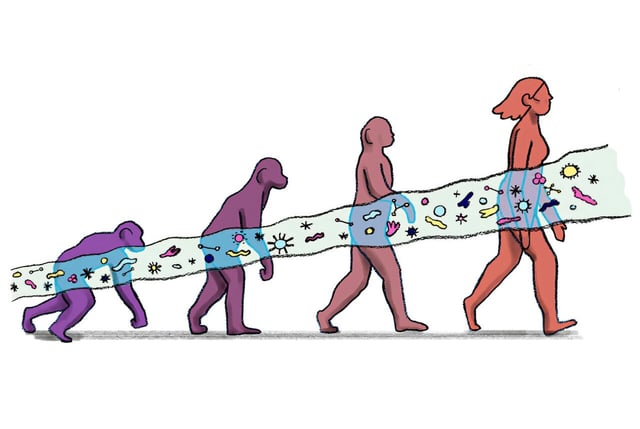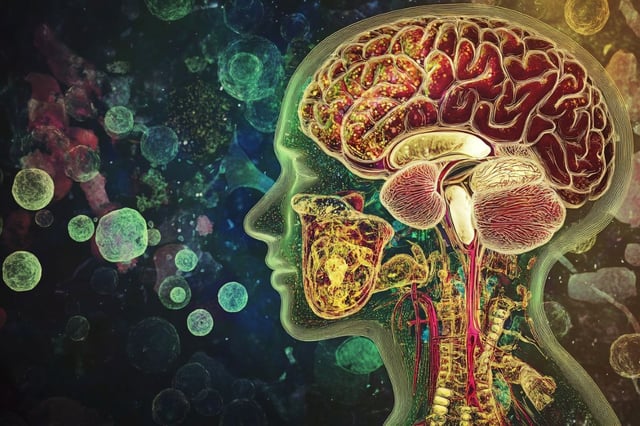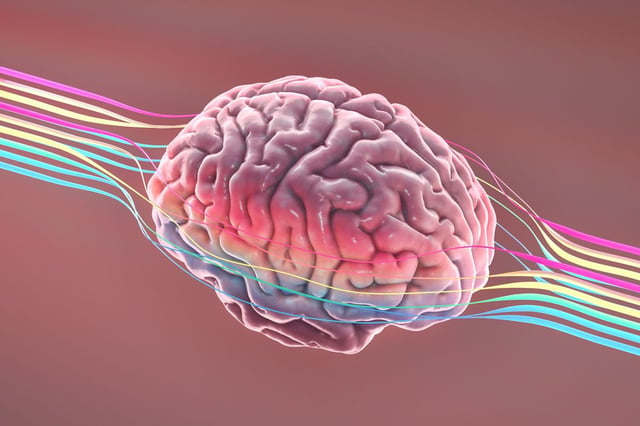Overview
- Researchers found that gut microbes from large-brained primates, like humans and squirrel monkeys, enhanced energy production in lab mice, while microbes from smaller-brained primates favored fat storage.
- The study suggests that gut microbiota evolved to meet the high energy demands of larger brains, supporting brain growth and maintenance over evolutionary time.
- Mice with gut microbes from humans and squirrel monkeys showed similar metabolic traits, despite these species not being closely related, indicating convergent evolution driven by brain size.
- The findings provide the first experimental evidence that gut microbes influence interspecies biological differences and may have played a crucial role in human brain evolution.
- Future research aims to study additional primate species and explore the specific compounds produced by gut microbes that impact energy use and other host traits.


